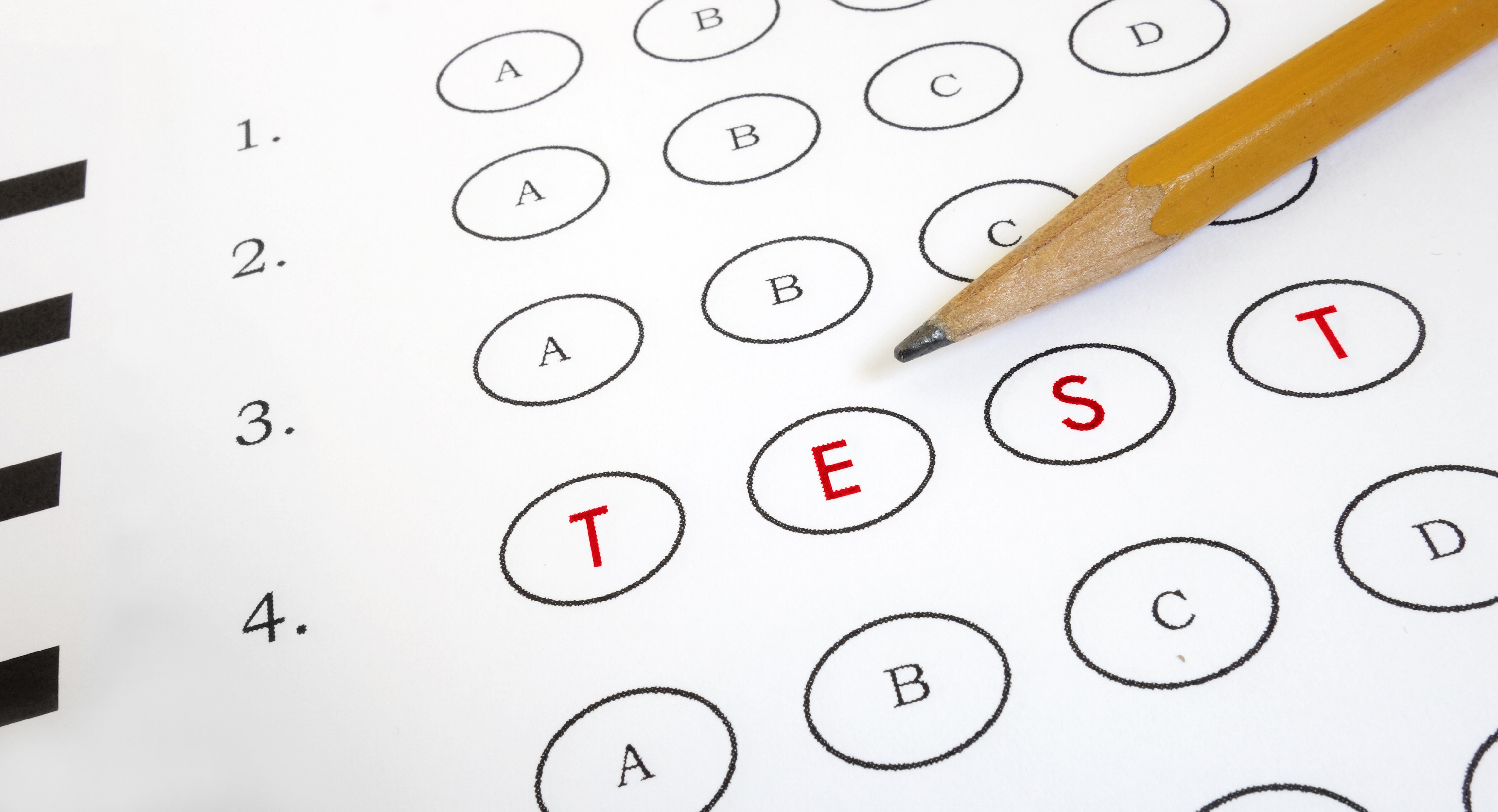In today’s visually driven world, the significance of color in print is paramount. If you’ve ever held a brochure or magazine and marveled at its vivid hues, you know the allure of a well-executed color print. But, how do you ensure that the colors you behold on your screen translate seamlessly onto the printed page? The answer may lie in a simple yet pivotal process known as color testing.
Understanding Color Representation

To embark on the quest for impeccable color accuracy, one must grasp the concept of color representation. Monitors utilize RGB (Red, Green, Blue) while printers typically employ CMYK (Cyan, Magenta, Yellow, Key/Black). This fundamental difference lays the groundwork for potential discrepancies in output. When designing a document, ensuring that you are aware of the intended color profile will assist in aligning expectations between digital and physical realms.
The Color Calibration Conundrum

Calibration stands as a cornerstone in the print industry. It is an art and a science rolled into one. A calibrated printer will reproduce colors more consistently, aligning closely with the designer’s vision. The challenge, however, is to maintain this calibration amidst varying environmental factors, such as humidity and temperature, which can influence the printing process. Frequent testing ensures that what appears vibrant on screen looks equally resplendent in hand.
The Impact of Paper Choice

Let’s not overlook the impact of paper choice in the realm of color printing. The texture, weight, and finish of the paper can drastically alter the perception of color. Glossy paper might enhance the brilliance of hues, while matte could lend a more subdued, sophisticated appearance. Conducting a print test on various substrates illuminates not just color accuracy but also the overall aesthetic appeal of the final product.
Conclusion: The Importance of Testing

The ultimate takeaway from engaging in the intricate world of color testing is the understanding that the devil lies in the details. Engaging in this meticulous process not only enhances the integrity of your prints but also elevates the viewer’s experience, transforming mere paper into a vibrant tapestry of art. As you strategize your printing endeavors, remember that each test serves as a significant step toward achieving chromatic perfection.
In today’s visually driven world, the significance of color in print is paramount. If you’ve ever held a brochure or magazine and marveled at its vivid hues, you know the allure of a well-executed color print. But, how do you ensure that the colors you behold on your screen translate seamlessly onto the printed page? The answer may lie in a simple yet pivotal process known as color testing.
Understanding Color Representation

To embark on the quest for impeccable color accuracy, one must grasp the concept of color representation. Monitors utilize RGB (Red, Green, Blue) while printers typically employ CMYK (Cyan, Magenta, Yellow, Key/Black). This fundamental difference lays the groundwork for potential discrepancies in output. When designing a document, ensuring that you are aware of the intended color profile will assist in aligning expectations between digital and physical realms.
The Color Calibration Conundrum

Calibration stands as a cornerstone in the print industry. It is an art and a science rolled into one. A calibrated printer will reproduce colors more consistently, aligning closely with the designer’s vision. The challenge, however, is to maintain this calibration amidst varying environmental factors, such as humidity and temperature, which can influence the printing process. Frequent testing ensures that what appears vibrant on screen looks equally resplendent in hand.
The Impact of Paper Choice

Let’s not overlook the impact of paper choice in the realm of color printing. The texture, weight, and finish of the paper can drastically alter the perception of color. Glossy paper might enhance the brilliance of hues, while matte could lend a more subdued, sophisticated appearance. Conducting a print test on various substrates illuminates not just color accuracy but also the overall aesthetic appeal of the final product.
Conclusion: The Importance of Testing

The ultimate takeaway from engaging in the intricate world of color testing is the understanding that the devil lies in the details. Engaging in this meticulous process not only enhances the integrity of your prints but also elevates the viewer’s experience, transforming mere paper into a vibrant tapestry of art. As you strategize your printing endeavors, remember that each test serves as a significant step toward achieving chromatic perfection.
If you are looking for Taking Tests you’ve came to the right place. We have 10 Images about Taking Tests like How to Test Your Market Before You Build Your Product, A Short History of Standardized Tests – JSTOR Daily and also Multivariate Testing (Experimental Design) vs A/B Testing — ISSSP for. Here it is:
Taking Tests

ar.inspiredpencil.com
Taking Tests
How To Test Your Market Before You Build Your Product

www.ondemandcmo.com
How to Test Your Market Before You Build Your Product
Testing Center | Des Moines Area Community College

www.dmacc.edu
Testing Center | Des Moines Area Community College
Testing In The Education System

www.mastercoachingaustralia.com
Testing in the education system
A Short History Of Standardized Tests – JSTOR Daily

daily.jstor.org
A Short History of Standardized Tests – JSTOR Daily
Multivariate Testing (Experimental Design) Vs A/B Testing — ISSSP For

isssp.org
Multivariate Testing (Experimental Design) vs A/B Testing — ISSSP for …
GeniusU

app.geniusu.com
GeniusU
Common Core Test Items Ready For Online Practice

www.eschoolnews.com
Common Core test items ready for online practice
HOW TO CARRY OUT A FINAL TEST ON A MACHINE TOOL – Flexible Production

www.flexibleproduction.com
HOW TO CARRY OUT A FINAL TEST ON A MACHINE TOOL – Flexible Production
Julia V1.5 Testing: How To Organize Tests | By Erik Engheim | CodeX

medium.com
Julia v1.5 Testing: How to Organize Tests | by Erik Engheim | CodeX …
Multivariate testing (experimental design) vs a/b testing — isssp for …. A short history of standardized tests. Testing in the education system
